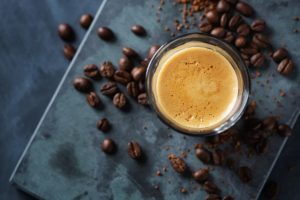
Doing exercise in summer is prone to sweating a lot. Your body may have to protest if you do not hydrate.
If you don’t drink enough water, your body faces the crisis of water shortage; drinking too much at once will increase the burden on the heart and kidneys; sweating too much during exercise will lose some of the electrolytes. Drinking plain water is not enough.
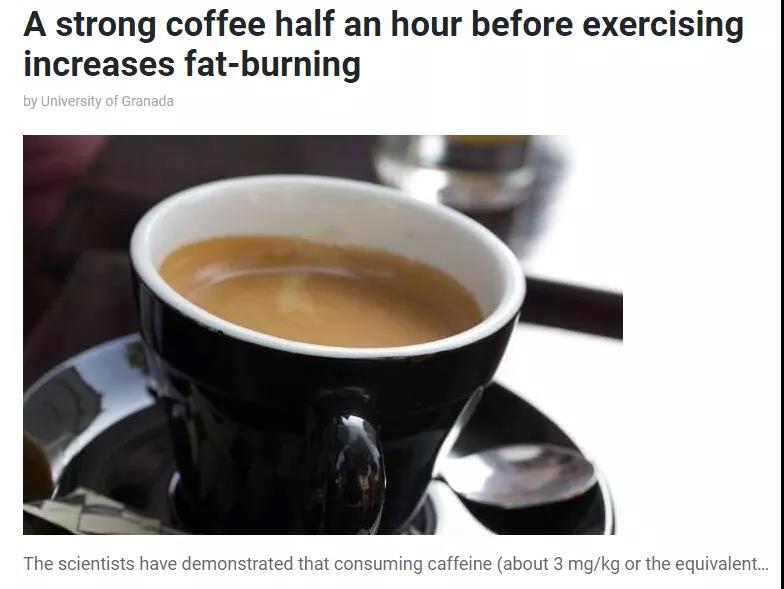
How should a person who exercise regularly drink water scientifically?
Exercise in summer makes it easier to lose electrolytes
The main components of sweat are water and sodium chloride, as well as a small amount of potassium chloride, urea, uric acid, fatty acids and other substances.
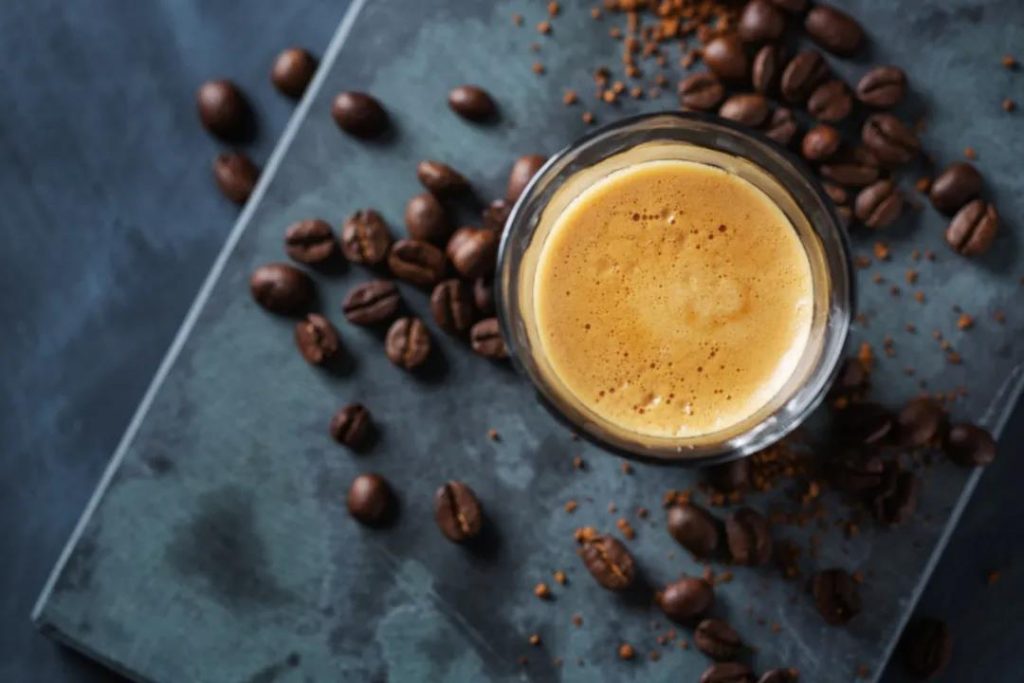
Excessive sweating may cause the loss of water and electrolytes in the body, resulting in thirst, fatigue, and even dizziness, nausea, cramps, etc. This is caused by the imbalance of water, electrolytes, and energy.
Water imbalance
Feeling of thirst and collapse
When you sweat a lot, you lose water and sodium chloride. Excessive water loss can lead to thirst and dehydration. If the water is not replenished, the blood is concentrated, which may cause dizziness, blurred vision and other symptoms of collapse.
Electrolyte imbalance
Cramps
After a lot of sweating, electrolytes such as sodium, calcium, potassium, and magnesium are lost with sweat. Drinking pure water at this time can only replenish water, but cannot replenish electrolytes, which may cause low sodium and low potassium conditions, leading to muscle cramps and cramps.
Energy imbalance
Dizziness, fatigue
In the case of higher intensity and longer duration, more energy will be consumed. Excessive consumption of blood sugar and glycogen and insufficient energy supply may cause fatigue, fatigue, dizziness and other symptoms. Therefore, sports drinks often have a certain amount of energy.
How to drink water before, during and after exercise?
Exercising outdoors in summer, use the knowledge of hydration before, during and after exercise to help you scientifically replenish water and electrolytes, and at the same time make the “energy” you drink reach a basic balance.
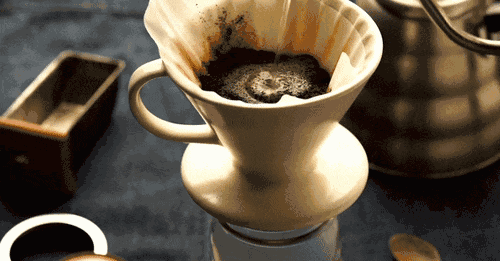
2 hours before exercise
Drink a bottle of water
Supplementing enough water before exercise can not only prevent the body from collapse due to excessive water shortage, but also ensure that the body is in the best state of exercise.
Within 2 to 3 hours before exercise, you should consume 500 to 700 ml (about 1 bottle) of water to ensure that your body does not lack water before exercise.
If the weather is hot and the consumption is high, the frequency of replenishing water can also be appropriately increased.
In the exercise
Drink a small glass every 20 minutes
During exercise, water metabolism speeds up and a lot of water is lost. You should add water every 15 to 20 minutes, and drink 0.5 to 1 cup (120 to 230 ml) of water each time.
For high-intensity exercise at high temperatures, the amount of fluid replacement per hour should be greater than 300 ml.
Exercise for more than 1 hour
Drink a sports drink
If you exercise for more than 60 minutes, or perform high resistance exercises, you need to drink sports drinks. Strenuous exercise will cause a large amount of electrolytes to be lost along with sweat. Water, sugar and electrolytes must be supplemented together.
The amount of supplemented fluid during exercise should generally not exceed 800 ml, and it must be small and many times, so as to avoid a large amount of supplementary fluid at one time causing an excessive burden on the gastrointestinal tract and cardiovascular system.
After exercise
Depending on weight
The amount of water you drink after exercise is related to your weight. In principle, for every 0.5 kg of weight loss, the water intake will increase by 2 to 3 cups, about 500 to 700 ml.
It should be noted that you should not drink cold water before, during, or after exercise to avoid excessive stimulation of the intestines. The water temperature is 37°C~39°C.
Sports transportation, 4 types of people are best not to drink
Sports drinks contain vitamin B1, vitamin B2, niacin, etc., which help energy metabolism, as well as electrolytes such as potassium and sodium, as well as taurine, caffeine, and inositol, which enhance sports functions, which can supplement nutrition and help improve Sports performance, but not for everyone.
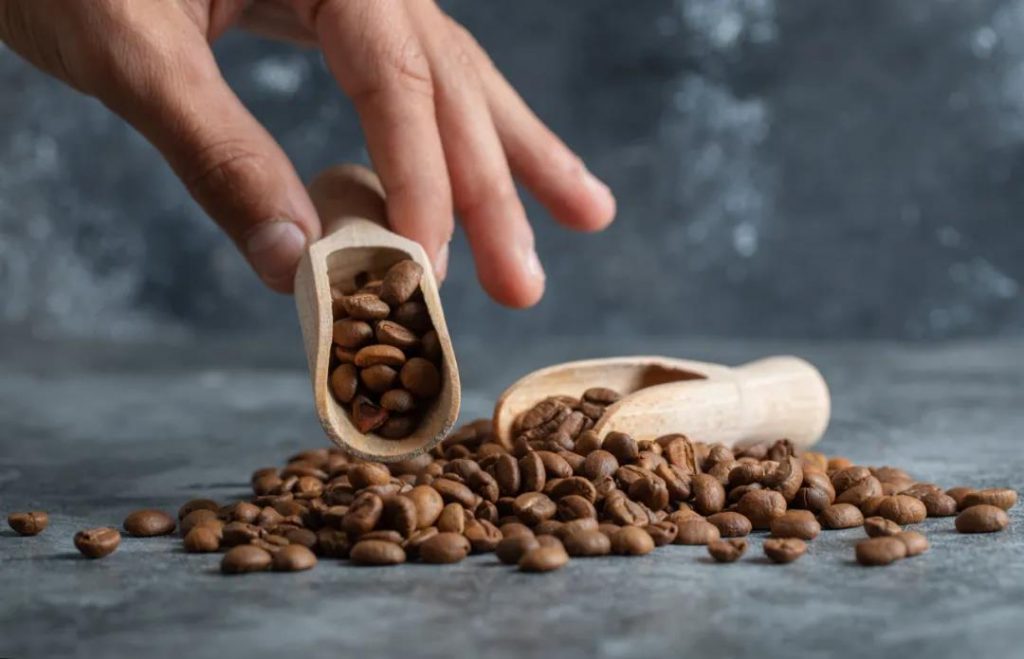
Diabetic
For people with high blood sugar or diabetics, take extra care when drinking.
People with poor heart and kidney function
People with high blood pressure, poor heart function, or poor kidney function should not drink large amounts, so as not to increase the burden on the heart and kidneys.
Caffeine sensitive people
Because sports drinks contain more electrolytes and nerve-stimulating components, people with kidney metabolism problems, caffeine-sensitive or hyper-nervous people should drink it carefully.
People who exercise less
For the general population, if you drink a lot of sports drinks without exercising, you may experience symptoms such as diarrhea and electrolyte imbalance, or become dependent on caffeine and other substances. Therefore, people who exercise less should not drink sports drinks, let alone drink sports drinks as ordinary drinks.
Tips
Usually sweating, or to drink boiled water.
If it is a high temperature operator, or a long time in the outdoors and a lot of sweating, you can drink some light salt water. 1 liter (1000 ml) of boiled water, add 0.15 g salt (recommended to use limited salt spoon), make the water slightly salty.
If it’s not convenient to drink light salt water, you can also drink some black plum soup, tea and mung bean soup.
Comments